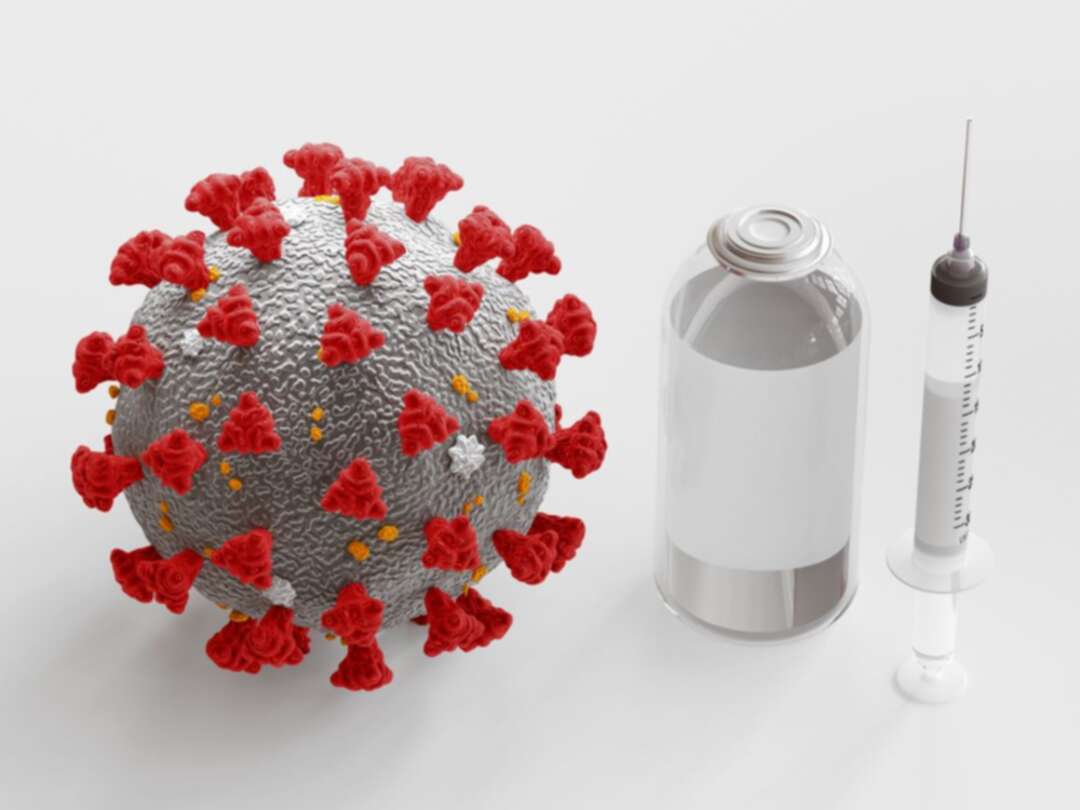-
Italy begins administering third dose of COVID-19 vaccine

The Xinhua reported, Italy began administering booster COVID-19 vaccine shots on Monday, after the procedure received the official green light from the country's Medicines Agency (AIFA).
As the Health Ministry announced earlier this month, third doses -- of either Pfizer-BioNTech or Moderna vaccines -- will be offered to people with fragile immune systems.
This includes not only immuno-compromised people -- such as transplant patients -- but also elderly people and residents in care homes. Based on guidelines issued by AIFA, healthcare workers will also receive the booster shot.
According to the Xinhua news agency, the third dose will be offered as an option, since vaccination against coronavirus is strongly recommended but not mandatory in Italy.

It said, AIFA has recommended that the third shot should be available at least 28 days after the previous dose for immuno-compromised people.
Read more: Biden seeks to hold phone call with Macron over submarine deal tension
For those over 80, people living in care homes, and healthcare professionals, the third dose would be considered as a "booster to maintain an effective immune response," and should be administered at least 6 months after their last dose.
Overall, AIFA and the Health Ministry have stressed that the national priority should remain to ensure that a majority of the population is vaccinated.
As of Monday, some 76 percent of the target population (those aged over 12) had been fully immunized, while 82 percent had received at least one dose, data from the Health Ministry has shown.
Read more: England’s COVID R number steady at 0.9-1.1
It should be noted that since the pandemic broke out in Italy in February 2020, some 4.6 million coronavirus cases have been confirmed. There have been over 130,000 fatalities and 4.4 million recoveries.
Source: xinhua
You May Also Like
Popular Posts
Caricature
BENEFIT Sponsors BuildHer...
- April 23, 2025
BENEFIT, the Kingdom’s innovator and leading company in Fintech and electronic financial transactions service, has sponsored the BuildHer CityHack 2025 Hackathon, a two-day event spearheaded by the College of Engineering and Technology at the Royal University for Women (RUW).
Aimed at secondary school students, the event brought together a distinguished group of academic professionals and technology experts to mentor and inspire young participants.
More than 100 high school students from across the Kingdom of Bahrain took part in the hackathon, which featured an intensive programme of training workshops and hands-on sessions. These activities were tailored to enhance participants’ critical thinking, collaborative problem-solving, and team-building capabilities, while also encouraging the development of practical and sustainable solutions to contemporary challenges using modern technological tools.
BENEFIT’s Chief Executive Mr. Abdulwahed AlJanahi, commented: “Our support for this educational hackathon reflects our long-term strategic vision to nurture the talents of emerging national youth and empower the next generation of accomplished female leaders in technology. By fostering creativity and innovation, we aim to contribute meaningfully to Bahrain’s comprehensive development goals and align with the aspirations outlined in the Kingdom’s Vision 2030—an ambition in which BENEFIT plays a central role.”
Professor Riyadh Yousif Hamzah, President of the Royal University for Women, commented: “This initiative reflects our commitment to advancing women in STEM fields. We're cultivating a generation of creative, solution-driven female leaders who will drive national development. Our partnership with BENEFIT exemplifies the powerful synergy between academia and private sector in supporting educational innovation.”
Hanan Abdulla Hasan, Senior Manager, PR & Communication at BENEFIT, said: “We are honoured to collaborate with RUW in supporting this remarkable technology-focused event. It highlights our commitment to social responsibility, and our ongoing efforts to enhance the digital and innovation capabilities of young Bahraini women and foster their ability to harness technological tools in the service of a smarter, more sustainable future.”
For his part, Dr. Humam ElAgha, Acting Dean of the College of Engineering and Technology at the University, said: “BuildHer CityHack 2025 embodies our hands-on approach to education. By tackling real-world problems through creative thinking and sustainable solutions, we're preparing women to thrive in the knowledge economy – a cornerstone of the University's vision.”
opinion
Report
ads
Newsletter
Subscribe to our mailing list to get the new updates!






















